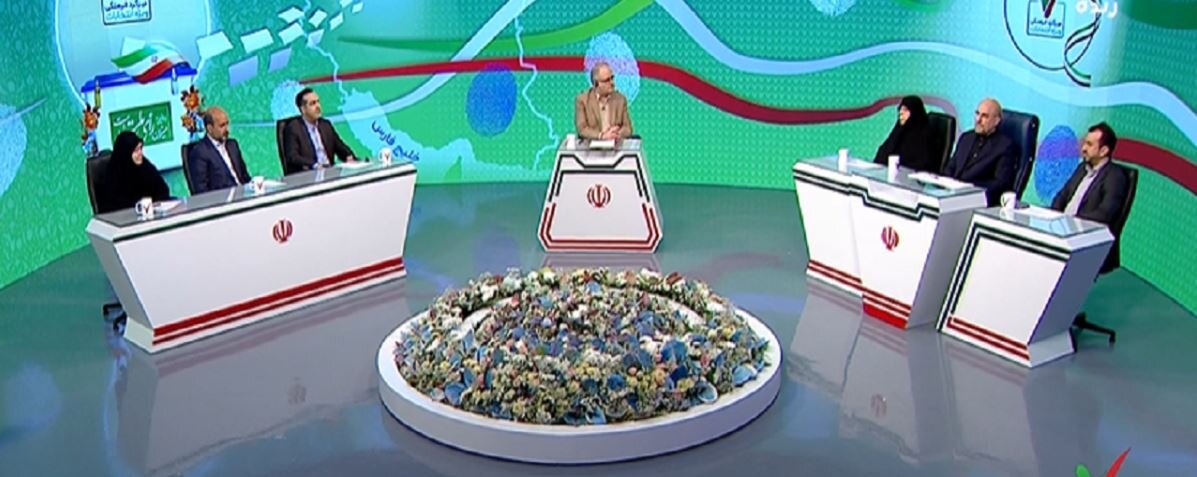Voters get in-depth look at candidate policies in TV roundtables, interviews

TEHRAN – All six candidates running for president in the June 28 elections appeared on national TV on Thursday and Friday to answer expert questions on their plans and policies regarding the economy, culture, and politics.
Mohammad Baqer Qalibaf was scrutinized by cultural figures and affiliates. A significant portion of his address concerned the educational system in Iran.
“Stability in education management is crucial for effective upbringing and learning. Over the past two decades, we have witnessed frequent changes in leadership within the Ministry of Education, with nearly 17 ministers or acting ministers. A consistent and strong management approach is essential for the progress of education,” the presidential candidate stated.
“It is imperative to focus on both the school environment and the quality of teachers to drive meaningful transformation in education. Addressing teachers' welfare and status has been a topic of discussion in the parliament, and it is crucial to prioritize this aspect in the upcoming government,” he added.
Iranian teachers and educators have been demanding higher wages and better retirement programs in the past several years. Qalibaf’s remarks were hailed by some of them and dismissed by others, who said previous presidents had made similar promises but failed to bring about meaningful changes.
In a more controversial address, Qalibaf expressed a strong belief in press freedom. He rejected accusations that he has filed complaints against journalists, characterizing the press as the “voice of public opinion.”
A well-known Iranian journalist, however, reacted to Qalibaf’s comments, claiming that he himself had been brought to court at the current parliament speaker’s request.
Jalili lives up to image of steadfast diplomat
Saeed Jalili’s latest TV appearance largely revolved around what he is known for diplomacy and foreign policies.
Jalili, as always, projected an image of a diplomat who knows exactly what he wants and isn't afraid to pursue it.
“In the realm of international relations, it is crucial to maintain a strong balance of power and not allow it to be weakened. The movements of our adversaries are a direct response to the bolstering of our power infrastructure,” he said.
“Throughout my six-year tenure overseeing negotiations, our nation faced numerous threats, including the U.S. military actions in Afghanistan and Iraq. Despite these challenges, the United States was unable to carry out any of its threats, largely due to a strategic understanding of the situation,” Jalili stated.
The presidential candidate emphasized his belief that the role of the president is to have a clear vision and make decisive choices without delay. He added that “effective foreign policy should be results-oriented and focused on determining its benefits rather than simply tallying the number of trips and meetings conducted”.
No comments on economy yet
Much to his allies’ dismay, the only reformist candidate is believed to have once again delivered a lackluster address on crucial economic issues.
Masoud Pezeshkian expressed his lack of “expertise” in the economy once asked about his most important plans and goals. Vague comments about good foreign relations and domestic unity seemed to suffice for the presidential hopeful.
Pezeshkian also said he may be “tried” in court, if he fails to fulfill the promises he has not yet fully clarified.
The lack of media attention surrounding the Thursday and Friday remarks from the remaining candidates – Amir-Hossein Ghazizadeh Hashemi, Alireza Zakani, and Mostafa Pourmohammadi – reinforced analysts' predictions that none of the three would garner significant votes. This suggests that Qalibaf, Pezeshkian, and Jalili remain the frontrunners in the presidential race.
Leave a Comment